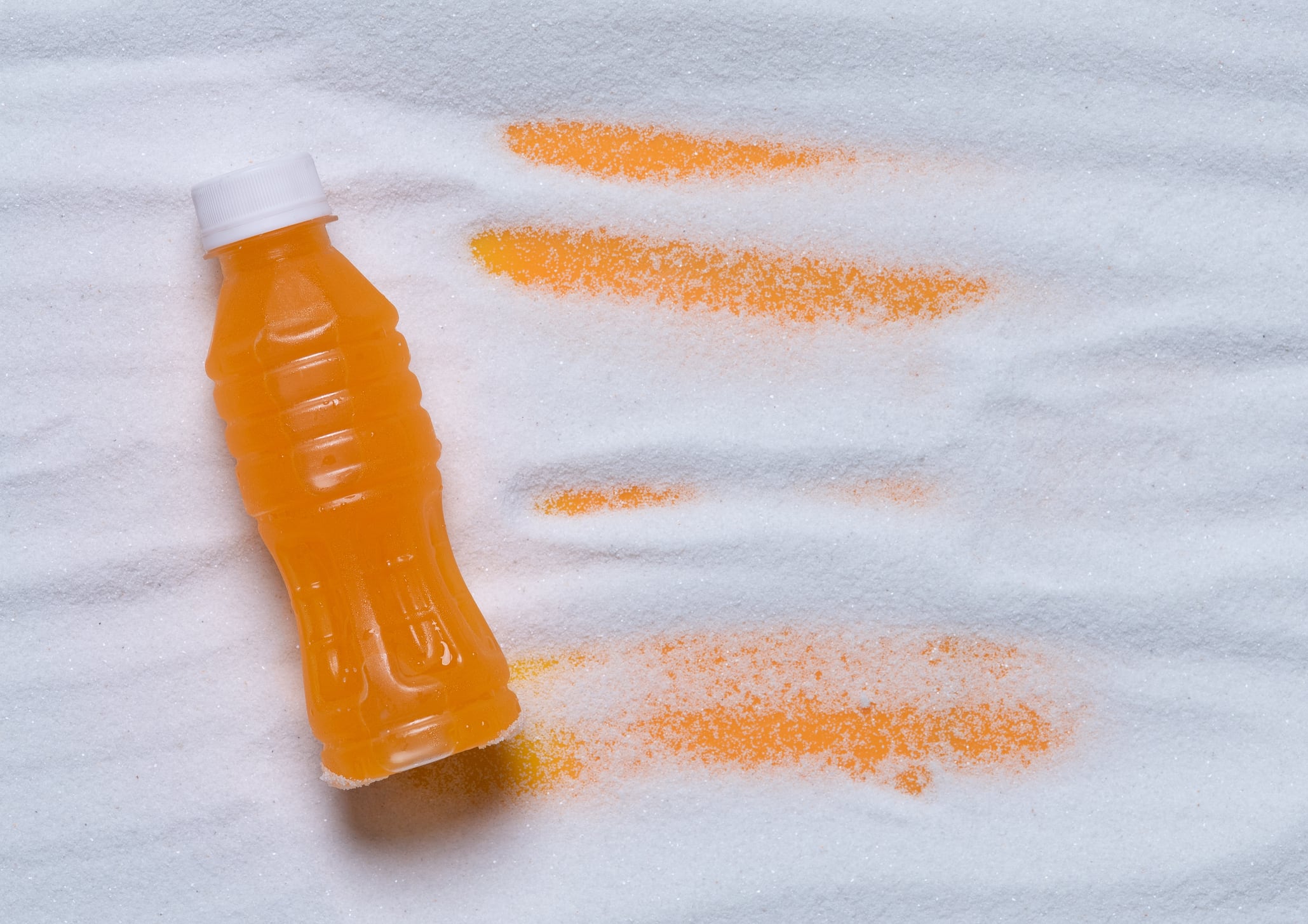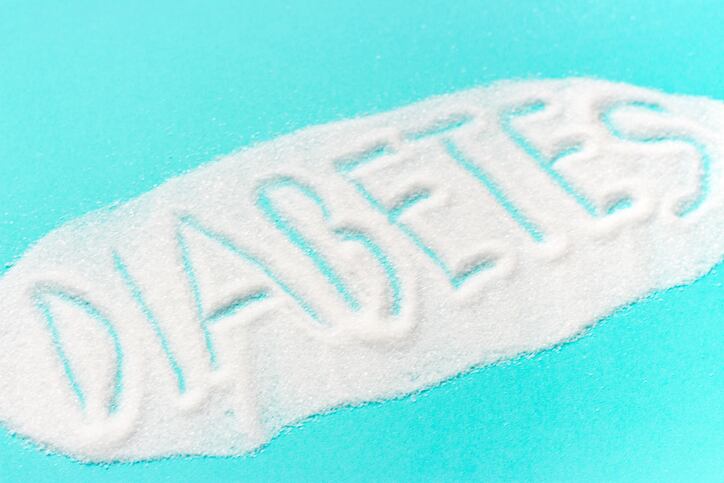Due to its studied ability to curtail post-meal glucose spikes and improve insulin sensitivity, allulose is emerging as an alternative to conventional sweeteners, and has shown promise for use in functional beverages and supplement formulations to support metabolic health.
Allulose has been approved by countries including the US, Australia, Japan, Singapore, and South Korea as a sugar substitute.
Frutti Sugar is a Singapore firm that manufactures allulose. The aim is to reduce sugar consumption by substituting sugar used in foods and drinks with allulose.
“The idea to start the company comes from the opportunity to lower costs and scale up production so that this naturally occurring sugar alternative can be made accessible and affordable. Produced at scale, allulose is likely to reach price parity with sugar.
“We have developed the technology sufficiently to the point where we are confident about having cracked the code to mass production, hence our presence at FHA-Food & Beverage 2025 to reintroduce this ingredient. By making allulose a viable replacement pricewise, switching to a ‘healthier sugar’ will be more possible across the population.
“Larger production is in the planning stage, and we should be able to supply greater volumes from 2028 onwards,” Andrew Ong, founder and CEO of Frutti Sugar, told NutraIngredients-Asia.
Unlike cane sugar, which is known to be high in calories and can increase blood glucose levels, allulose is said to contain 90% less calories and has zero glycaemic index.
Despite sugar’s impact on health, it is still widely used due to its cost, taste, and ability to keep desserts like cakes moist and ice cream scoopable — functions that sugar alternatives are unable to achieve, according to the company.
“Allulose is a low-calorie sweetener and does not elevate blood sugar levels, making it suitable for patients with diabetes and health-conscious consumers. As it does not re-crystallise and has anti-freeze properties, it functions like sugar — especially when used to make ice cream and gelato — but without the harmful effects on health.
“Taste is a key reason why the uptake of existing sugar alternatives is low. Allulose does not change the taste when added to food and easily replaces cane sugar. Found in a diverse range of fruits and wheat, it is not an artificial sweetener, which may have an odd aftertaste and limited functions,” Ong added.
Frutti Sugar has partnered with Singapore ice cream brand ketojiak to create sweeteners using allulose, and seeks to collaborate with other like-minded companies that are looking for solutions or open to co-developing new products.
The firm showcased some of its ongoing innovations at the FHA trade show, including an allulose-containing soft drink, which has received feedback that “it tastes like the original Sprite” and not the zero- or low-sugar versions.
The increasing awareness and application of allulose could be pivotal for the advancement of functional beverages, such as sports drinks, which are often flagged for their high sugar content.
Anti-diabetic and anti-obesity effects
In a previous study by Korean researchers, it was found that consuming diabetes-specific oral nutritional supplements (ONS) with allulose improves glycaemic profiles and obesity-related parameters.
The efficacy of the ONS were assessed based on the participants’ obesity parameters, glycaemic profiles, and lipid profiles.
Several key improvements were reported, including a significant decrease in fasting blood glucose (FBG) level and improvement in glycosylated haemoglobin (HbA1c) level after eight weeks of intervention.
Additionally, there was a decrease in fasting insulin and insulin resistance levels as well as body weight, body mass index (BMI), and waist circumference.
The mechanism underlying the weight loss effect was attributed to the improved nutritional balance of participants through the intervention.
The researchers also noted the anti-diabetic and anti-obesity effects of allulose.
“An animal model of diabetes revealed lowered glucose absorption and insulin resistance, and showed postprandial glucose (PPG) reduction while improving the β-cell function of the pancreas, where insulin is secreted upon consumption with allulose.
“In overweight or obese adults, consuming a non-carbonated beverage with zero calories containing 14g of allulose daily for 12 weeks resulted in a decrease in body weight and BMI,” said the researchers.



